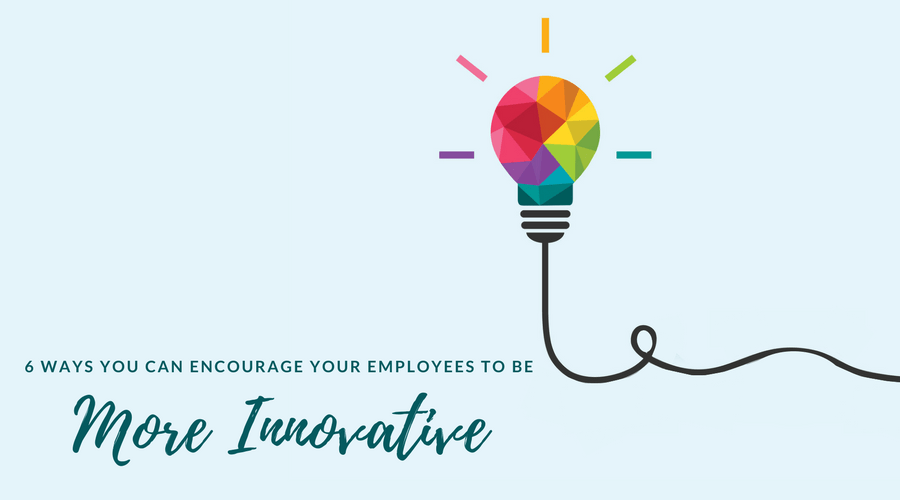Is Your Culture Hurting or Helping Productivity?

Your company’s culture will influence every aspect of your employees’ workday – from how they spend their time to how they make decisions. An overly competitive culture may put unnecessary strain on your workers, causing them to be disengaged and unproductive. A positive and open culture, however, can increase your engagement and productivity.
Competitive cultures decrease productivity
At first glance, you might assume that a competitive culture will lead to increased productivity because team members want to outperform their coworkers. When someone first begins working in a competitive environment, that’s true, but research shows that over time, people become less productive.
Once the stress of working in a competitive environment has caught up to staff members, they become disengaged and less productive. They no longer feel valued, supported, or respected by the company or their coworkers. Gallup has determined that disengaged employees are absent more office, make more errors, and are less productive than engaged workers. In other words, a disengaged team loses you money.
An ultra-competitive culture also leads to a lack of loyalty in your employees. They’ll start looking for new jobs or turning down promotions.
Because people are often unhappy in a competitive environment, they won’t do more than the bare minimum, which can hinder growth within your company.
Positive cultures increase productivity
A positive culture creates an environment where your staff genuinely cares for their coworkers and work to help the business achieve its goals. Your team will feel supported and respected, and they’ll know that their work is contributing to the company’s success. They’ll be happier and more engaged at work. Happy and engaged employees are 12% more productive than other workers.
Read also: 8 Ways to Improve Employee Efficiency
3 tips for fostering a positive culture
If you want to create a positive culture in your business, try these three tips.
- Encourage social connections among your team. People with friends at work get sick less often, recover from surgery more quickly, suffer from depression less often, learn faster, and perform their jobs better. Learn more about how to encourage friendships in your small business.
- Go out of your way to help your employees. Your staff will follow your example and show compassion for their coworkers.
- Have an open-door policy. If your workers feel like they can talk to you about anything, they’ll trust you with their problems and come to you with ideas on how to make the business better. Read also: 4 Tips for Improving Communication in Your Workplace


